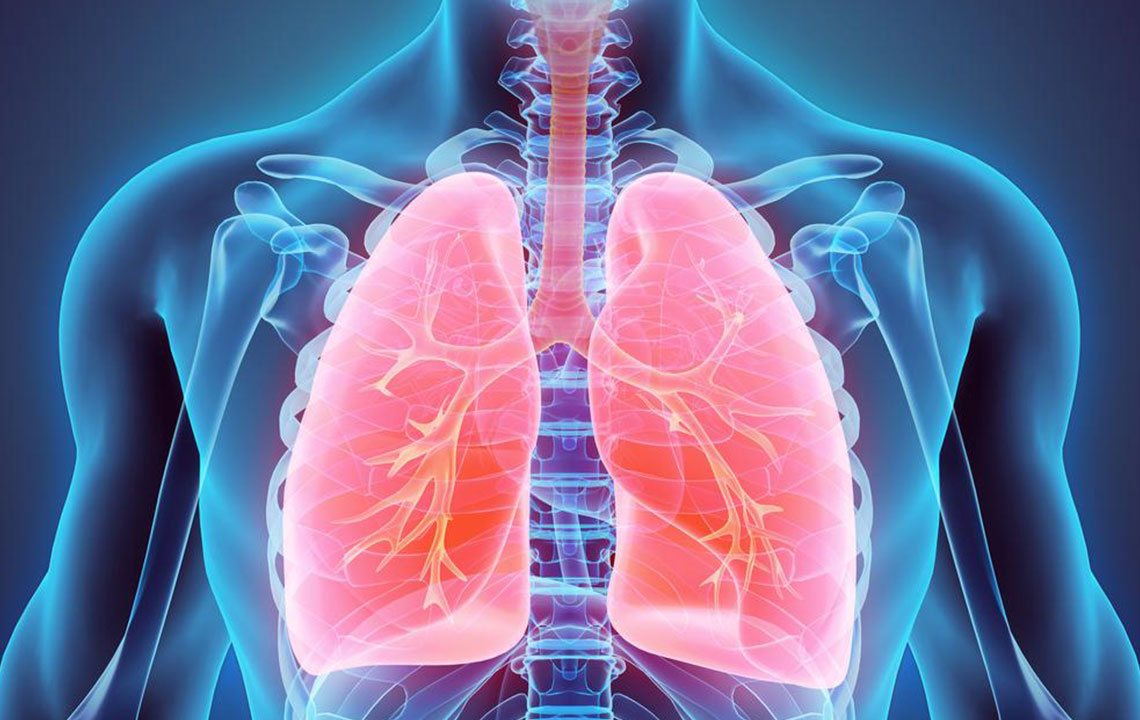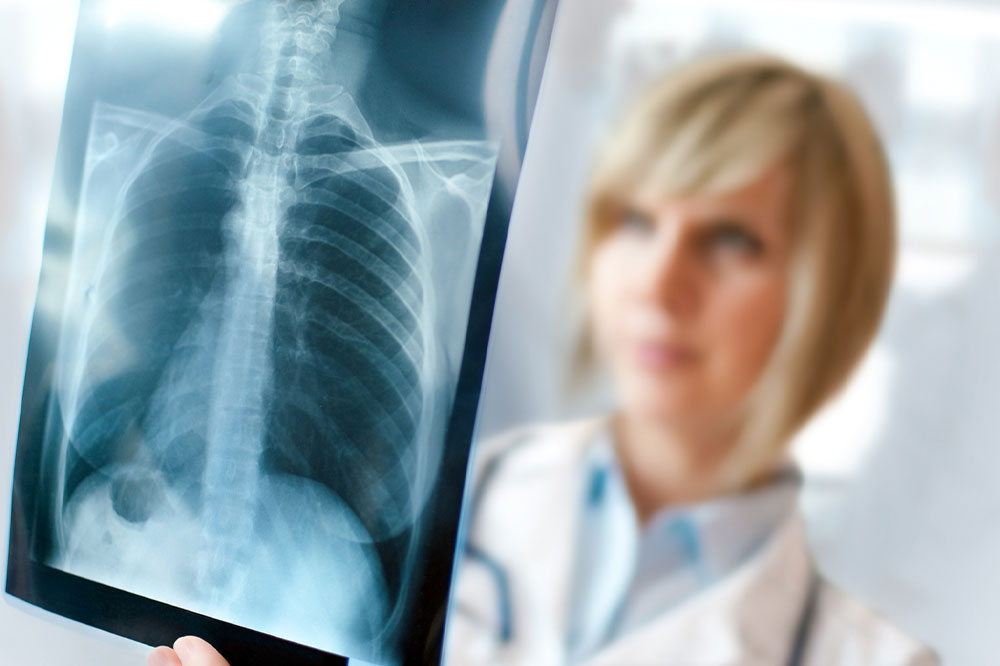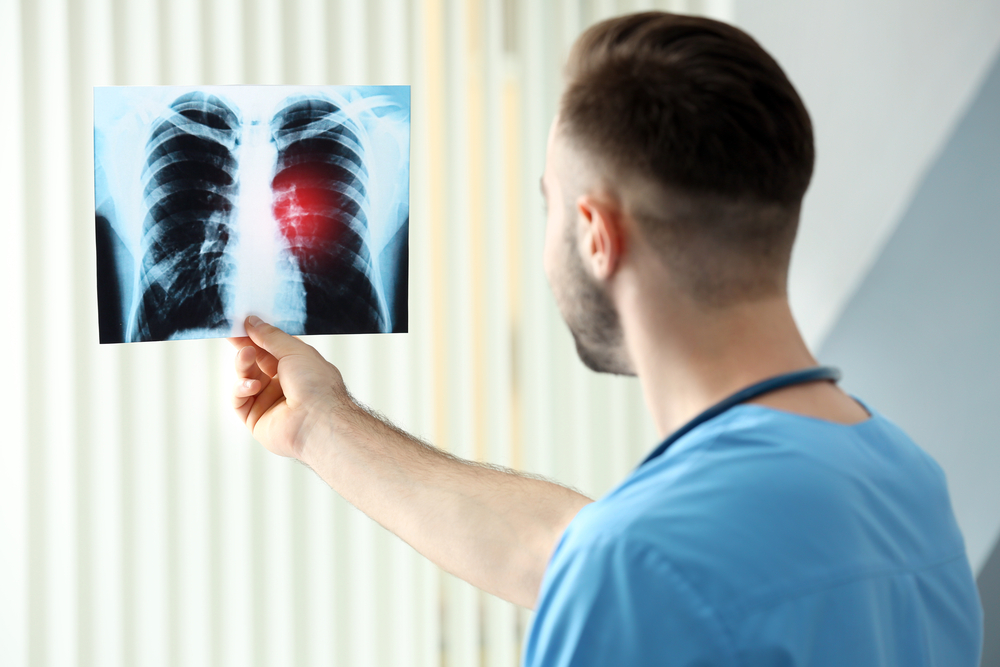Essential Insights into Lung Cancer Symptoms and Management Strategies
This article provides essential information on lung cancer symptoms and treatment options, emphasizing early detection and lifestyle changes such as quitting smoking. Recognizing signs like persistent cough, breathing difficulties, and weight loss can lead to prompt medical intervention. Treatment methods include surgery and radiation therapy, with prevention being crucial. Always seek professional healthcare guidance for proper diagnosis and management.

Essential Insights into Lung Cancer Symptoms and Management Strategies
Lung cancer is closely linked to tobacco use. Both the duration of smoking and the number of cigarettes smoked contribute to risk. Additionally, passive exposure to cigarette smoke can raise the likelihood of lung cancer in non-smokers by approximately 28%.
Recognizing initial symptoms is crucial. Key signs include:
Cough: Persistent coughing that worsens or produces blood may indicate a serious issue beyond common infections.
Other warning signs include:
Breathlessness: Changes in breathing patterns, especially in smokers, such as increased shortness of breath or wheezing, should prompt medical evaluation.
Unintentional weight loss: Significant, unexplained weight reduction warrants further investigation.
If you smoke or experience these symptoms, consulting a healthcare professional is advisable for early detection.
**Treatment Options:**
Surgical removal: Early-stage tumors confined to the lungs can often be treated through surgery, removing the affected tissue.
Radiation therapy: High-energy radiation aims to eliminate cancer cells, usually recommended when the disease is diagnosed at an early stage.
Taking preventive actions and quitting smoking significantly reduce the risk of lung cancer.










